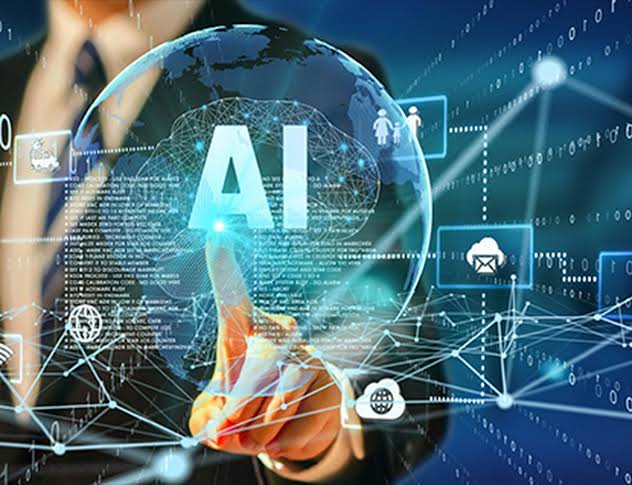Artificial Intelligence is an exciting field that has been growing gradually. It can be said that AI has a lot of uses in various fields. Not only that AI technology can also help in the advancement of other technologies. From education and medicine to information technology, AI is useful in many various fields of study. However, how substantial is the impact of AI on these fields?
ExpressVPN’s blog post reveals that the AI Bill of Rights is announced due to the impact of AI. There have been multiple reports from people stating that Artificial Intelligence creates a bias that can be unfair to people. Based on these claims of AI Bias, an investigation took place, and it was declared that AI needs to be monitored. It is given that AI is beneficial, but is it normal to provide free reign to such technologies?
What Is Artificial Intelligence?
Artificial Intelligence is primarily a technology that allows machines to make decisions. With the advancement of technology, scientists try to create smarter machines by feeding them sample data. Technologies like face recognition, language translation, and speech recognition are some of the most common examples of AI technology.
Artificial intelligence technology is useful in many areas. However, one of the best uses of technology is in the field of education. AI is believed to enable improvements in online education in India, and it is estimated that 47% of the learning management tools will be AI-enabled by 2024, as given in eLearning Industry. It is important to create a better teaching environment for students, and AI can create customized lesson plans based on the understanding level of a student.
From personalized learning methods to task automation, there are multiple uses of AI in the education sector. Indian EdTech companies are already developing digital platforms that use AI to provide students with learning, testing, and tutoring solutions.
Additionally, having an AI teacher allows students to seek assistance at any given time of the day or night. On top of that, students can also access relevant content from anywhere on the Internet. The idea is to allow students to practice at their own pace.
AI essentially provides a more inclusive teaching experience for students where each student can learn things at their pace. Not only that, but AI can also help in creating lesson plans, writing content for specific topics, and providing better grading systems. Yet there is a negative impact to all this technological advancement in teaching processes for sure.
AI is definitely useful and can help minimize labor work for teachers in India and worldwide. However, it can not be denied that no matter how personalized a lesson plan is, an AI can not make the teaching experience better than a human teacher. Teachers have the opportunity to understand children’s needs better, and they can provide more than book knowledge to their students.
There is a definite lack of personal connection between the teacher and the student. Additionally, with the increase in AI teaching, more teachers might be losing their jobs. This has been an ongoing debate about whether AI will eventually replace human jobs. AI is undeniably useful, but there is an increased risk of privacy breaches and AI bias as well, according to ThinkML.
Even though Artificial Intelligence is quite useful there are some aspects related to the technology that can lead to issues in the future. Not only can excess dependence on AI result in privacy issues, but it will also lead to employment problems in the future. After all, every employer wants to hire someone that can work round the clock without feeling tired. That is why technology is quite necessary, but there should be regulations so that users are not heavily dependent on it.
👉 Click here to read the latest Gujarat news on TheLiveAhmedabad.com



